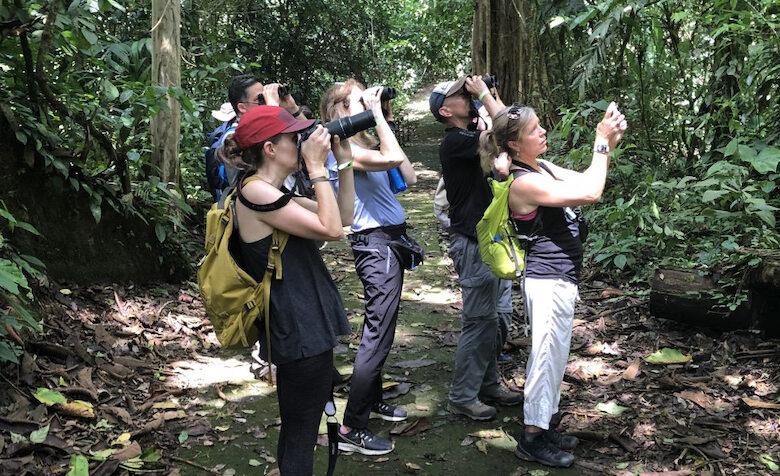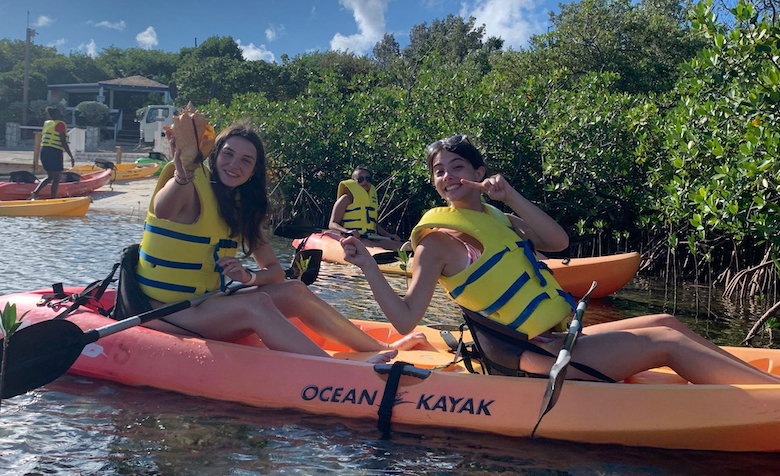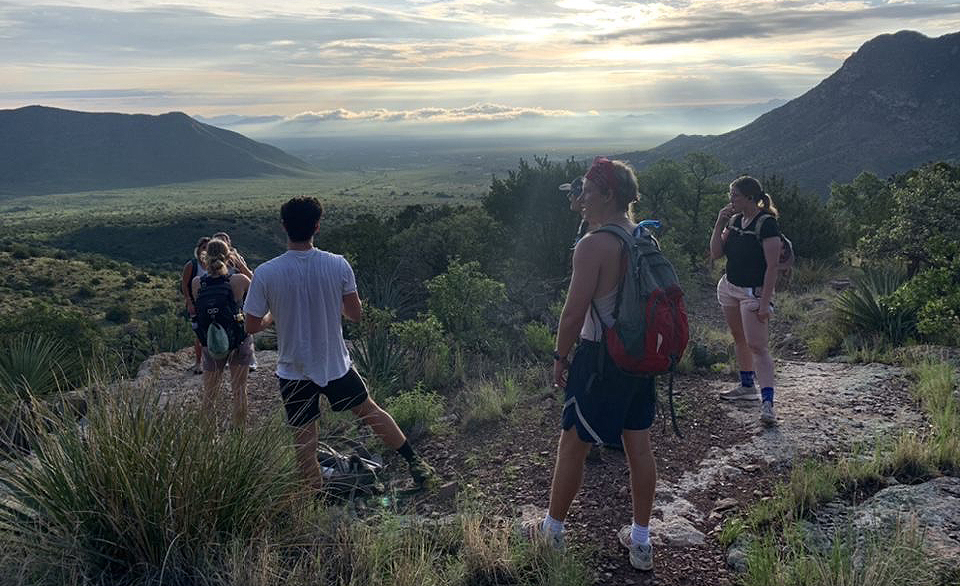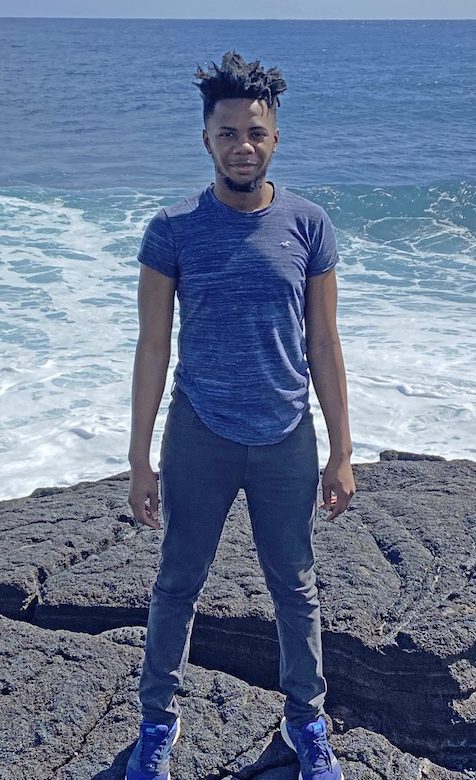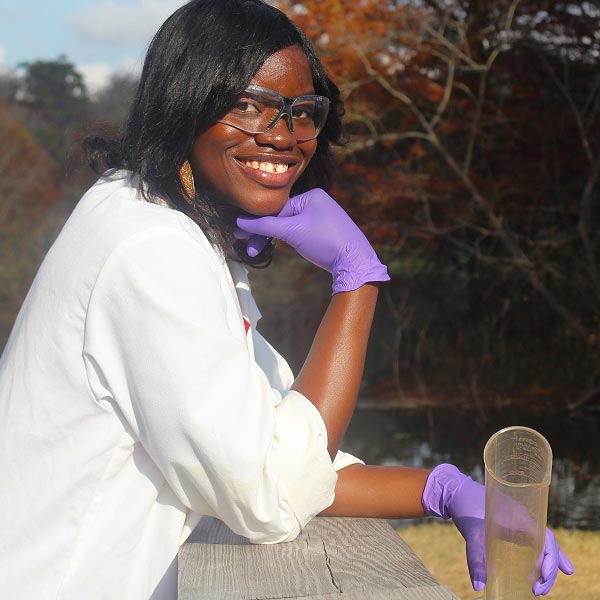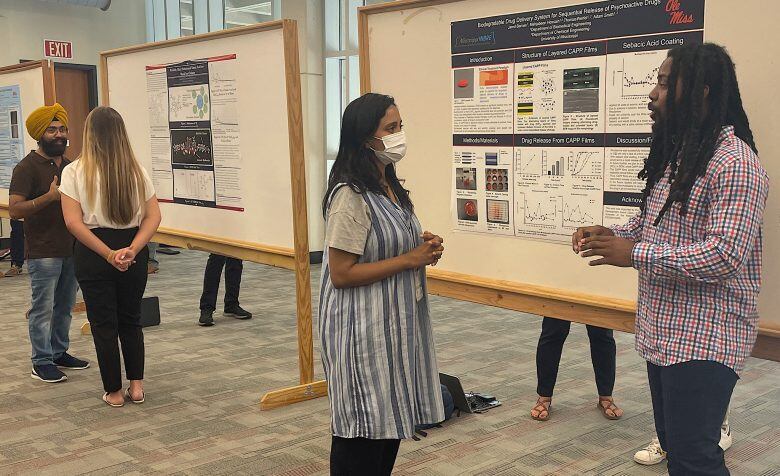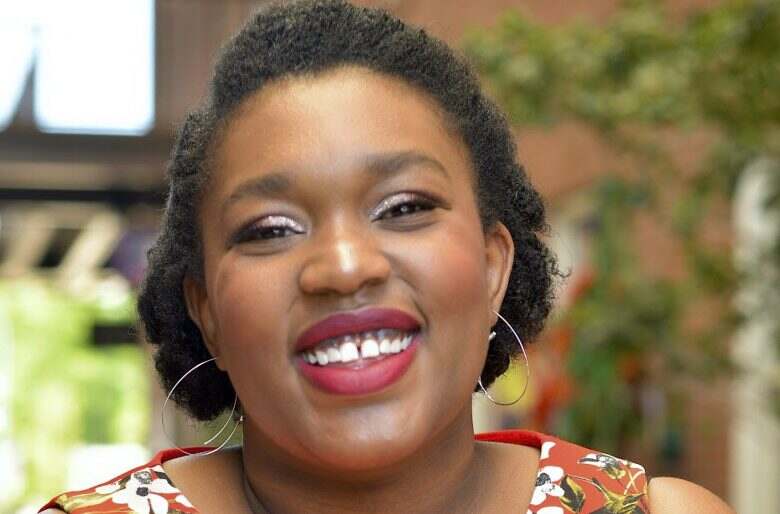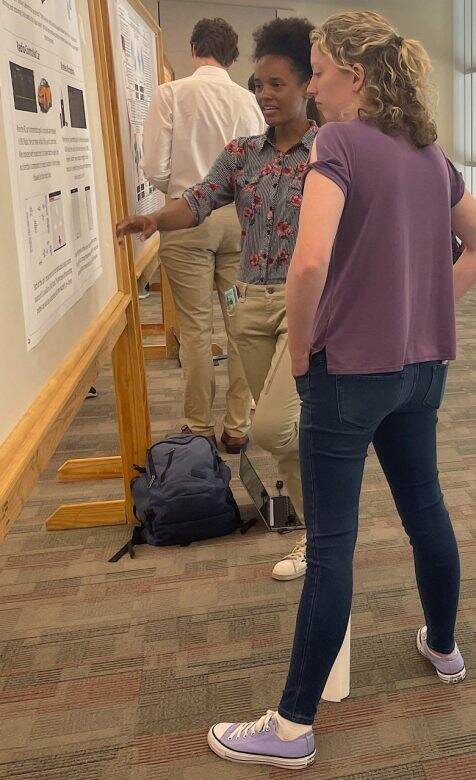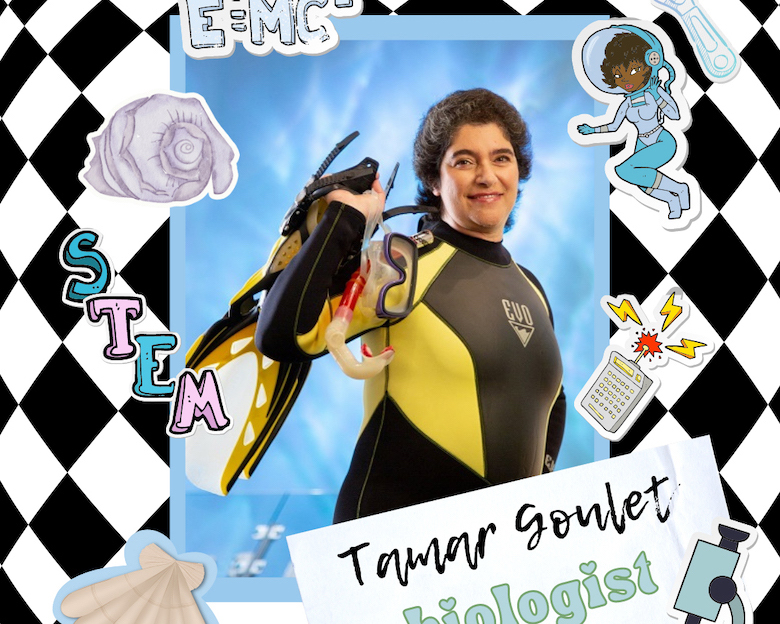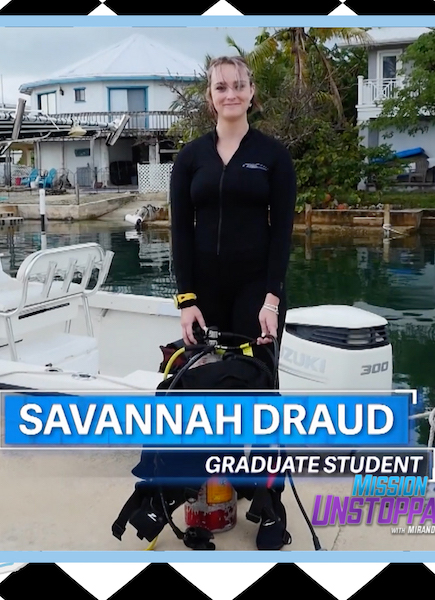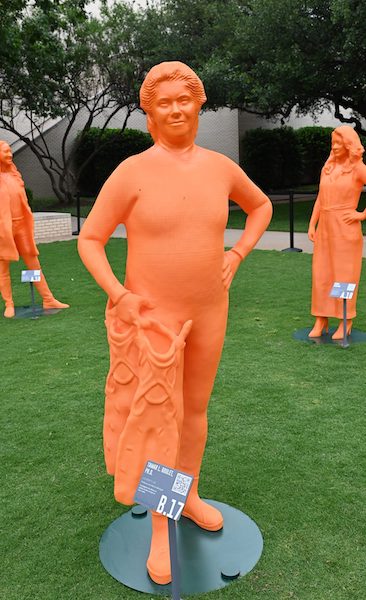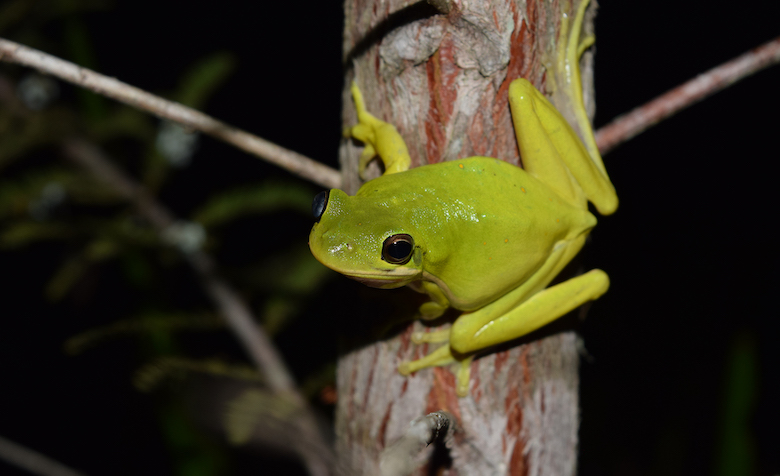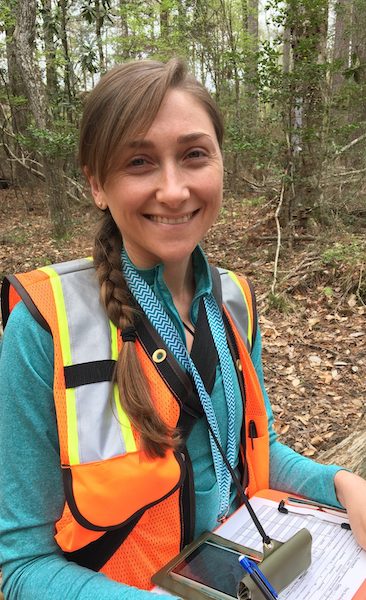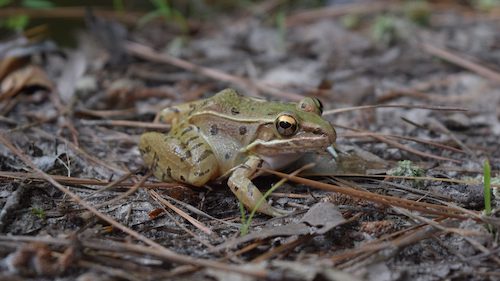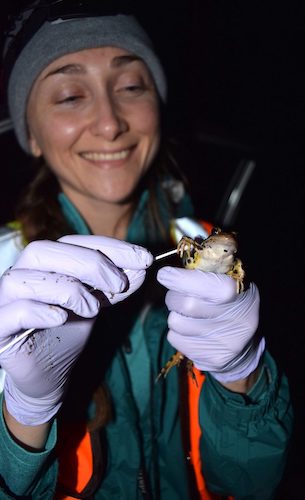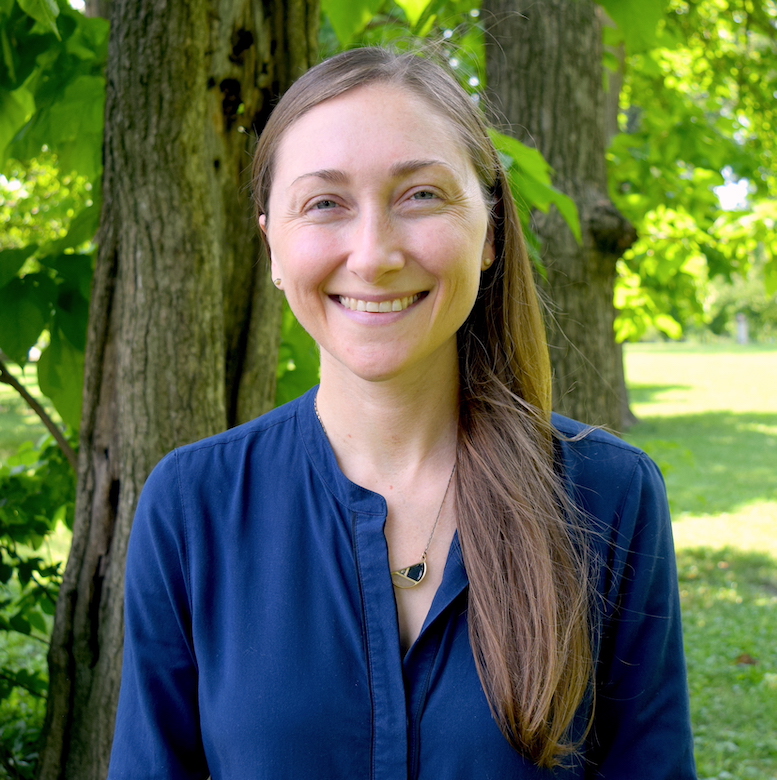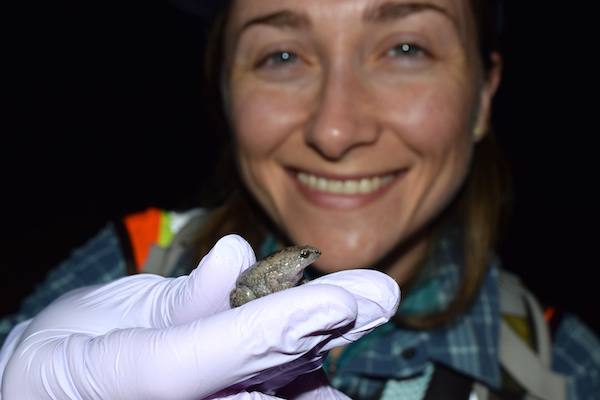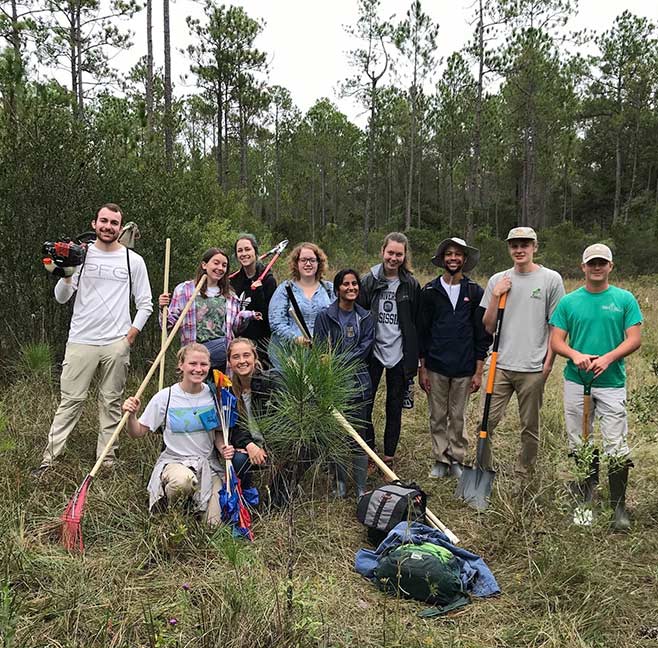New national spot debuts during halftime of Georgia Tech game
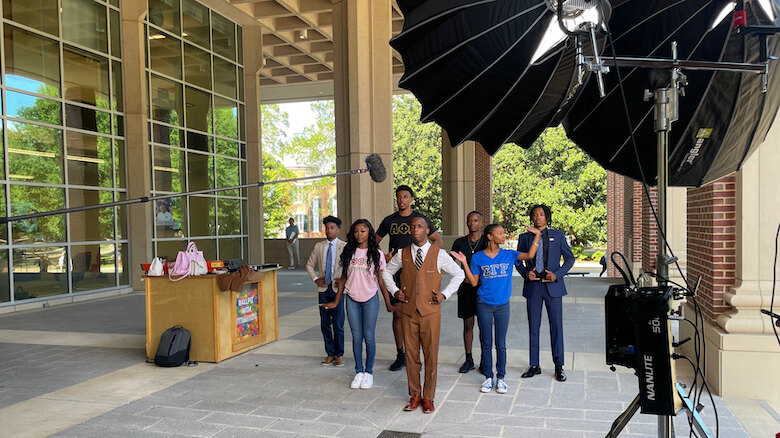
Students prepare to show off their steps during filming for the university’s new national commercial, which debuts Sept. 17 during the Ole Miss-Georgia Tech football game. The spot features several Ole Miss students, faculty and alumni, who share their perspectives on how the university has inspired them to build their legacies. Submitted photo
SEPTEMBER 17, 2022 BY STAFF REPORT
The University of Mississippi debuts its new television commercial Saturday (Sept. 17) during the football game between Ole Miss and Georgia Tech on ABC.
The 30-second commercial, titled “Where are You Going,” features Ole Miss students describing their personal aspirations paired with popular spots on campus and in Oxford, showing viewers where leaders are made and legacies are born.
“There is an energy and a vibrancy that you can feel at Ole Miss,” Chancellor Glenn Boyce said. “The university is experiencing some extraordinary achievements and triumphs right now, from our largest freshman class ever to record-high retention and graduation rates to celebrating 60 years of integration.
“Ole Miss is a place where you can pave your own path and define the legacy you want to leave.”
Shot on campus and around the historic Oxford Square, the commercial features some of the university’s best and brightest students, faculty and alumni, including:
- Andy Flores, “I’m going to be the first in my family to graduate.”: The first in his family to attend college, the senior from Ocean Springs was awarded a Truman Scholarship, which supports students who demonstrate outstanding leadership potential, a commitment to a career in public service and academic excellence. Flores graduates in the spring with a bachelor’s degree in public policy leadership and philosophy, and plans to use his Truman Scholarship to attend law school.
- Cellas Hayes, “I’m going to make a difference.”: A native of Ludlow, Hayes (BS biological sciences 19) has already built an impressive legacy. He is pursuing his second degree from UM as a doctoral student in pharmacology in the Department of BioMolecular Sciences, He became interested in neuroscience, motivated by his grandmother’s battle with Alzheimer’s and his family’s long history with cardiovascular disease. His research earned him the Ruth L. Kirschstein National Research Service Award from the National Institutes of Health, one of the highest honors a doctoral student can receive. Hayes is the first Black UM student and the third UM student ever to receive this type of fellowship.
- Jylah Knight, “Just like my granddad.”: A native of Jackson, Knight is a granddaughter of James Meredith, the civil rights leader who integrated the university in 1962. Knight is working toward a bachelor’s degree in communications. This month, the university honors Meredith in ceremonies marking the 60th anniversary of the university’s integration.
- Vinh Hoang, “I’m going to make the bestsellers list.”: The Houston, Texas, native is working toward his Master of Fine Arts in creative writing and expects to graduate in spring 2024.
- Aimee Nezhukumatathil, “And I’m going to help him get there.”: Nezhukumatathil is an acclaimed author and poet who has published six books. Her illustrated collection of nature essays, “World of Wonder: In Praise of Fireflies, Whale Sharks, & Other Astonishments,” was a finalist for the Kirkus Prize in nonfiction and was named the 2020 Barnes & Noble Book of the Year. She is a Guggenheim Fellow, and her writing has appeared in The New York Times Magazine, ESPN Magazine and twice in Best American Poetry. She is professor of English and creative writing in the university’s MFA program.
- Hunter Elliott, pitcher, Ole Miss national champion baseball team, “I’m going to win a national championship.”: This past season, the baseball team won the College World Series championship for the first time in program history. The Rebels rebounded from a 7-14 record at the start of conference play by closing the season with a 20-4 stretch of games to be the last team standing in the NCAA Championship. Elliott, a native of Tupelo, was the starting pitcher in the decisive game that clinched the title.
- Ole Miss national champion women’s golf team, “Again!”: The Ole Miss women’s golf team claimed the university’s first national championship since football’s 1962 title. The Rebels also became the first Ole Miss women’s team to claim an NCAA national championship. Featured in the spot are Ellen Hume, Ellen Hutchinson-Kay, Andrea Lignell and Chiara Tamburlini. Besides their success on the course, the team won All-Scholar Team honors in the 2021-22 season with a cumulative GPA of 3.89, third-highest in the nation.
- The Divine Nine, “I’m going to take the next step.”: The university hosts all nine NPHC fraternities and sororities, also known as the Divine Nine. Representatives in the commercial include Robert Allen, Taylor Carson, Armaud Jackson, Zachary Newson, Quentin Perkins, Jakayla Phillips and Rodre Tenner.
- Additional students featured include:
- Faith Gardner, junior, St. Augustine, Florida, “We’re going to lock the Vaught. Hotty Toddy!”
- Jane Hopson, sophomore, Vicksburg, “We’re going to lock the Vaught. Hotty Toddy!
- Sofia King, sophomore, Solana Beach, California, “We’re going to lock the Vaught. Hotty Toddy!
- Benton Donahue, freshman, Madison, “I’m going to bring them to their feet.”
- Maggie Roberson, freshman, Vicksburg, “I’m going to Ole Miss.”
- Wright Thompson, voiceover: An Oxford-based writer and co-host of the SEC Network show “True South” with John T. Edge, Thompson contributed the opening and closing of the spot with a distinctive voice made famous on essays delivered for ESPN.
“In fall 2020, we launched the university’s brand platform, ‘Build Your Legacy,’ as a call to action to current and prospective students about the lifetime of possibilities available to them by enrolling at our university,” said Jim Zook, chief marketing and communications officer. “‘Where Are You Going’ expands on that initiative by offering a glimpse into just a few of the ways that Ole Miss inspires our future leaders to build their own legacies.”
An extended version of the commercial expands upon the culture and opportunities presented at Ole Miss, as well as introducing additional students, including Dallas Kiner, Emison Geiger, Harrison Stewart, Henry Hubbell, Holly Davidson, Kathryn Matthews, Lila Osman, Madeline Crowe, Madison Scott, Matt Alley and Taylor Rae.
You can watch the new commercial at https://www.youtube.com/olemiss.
